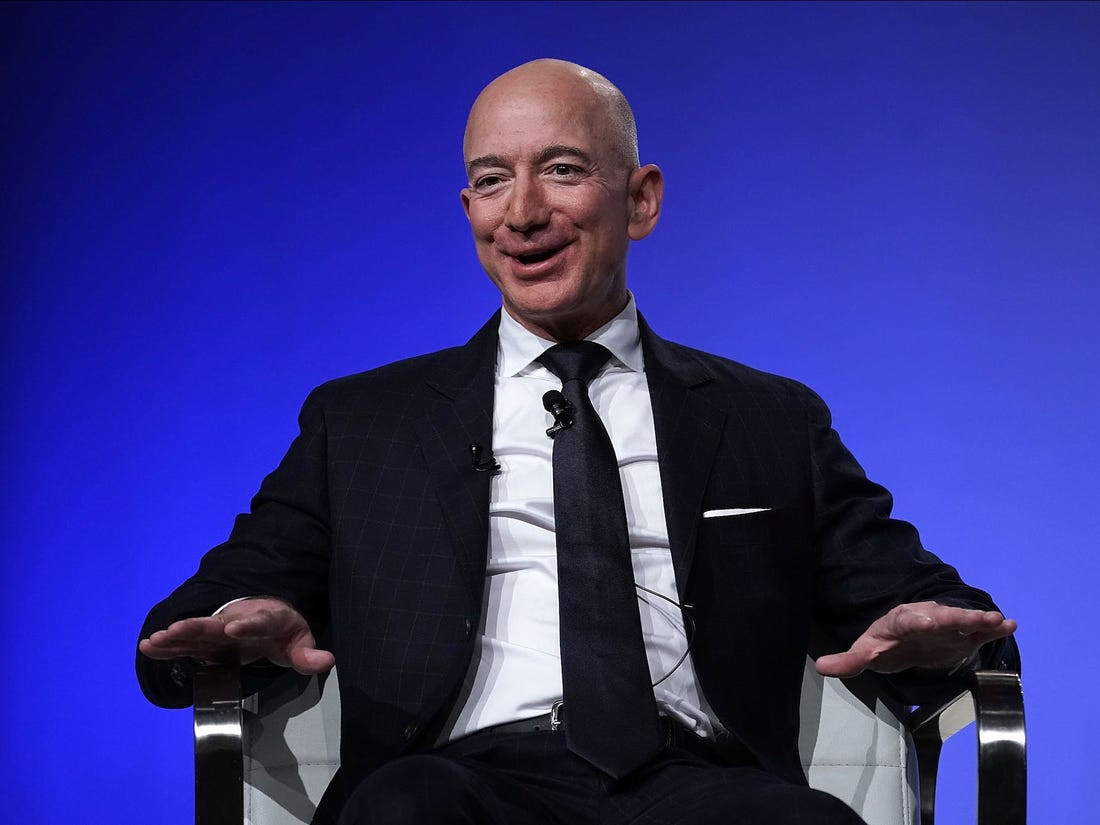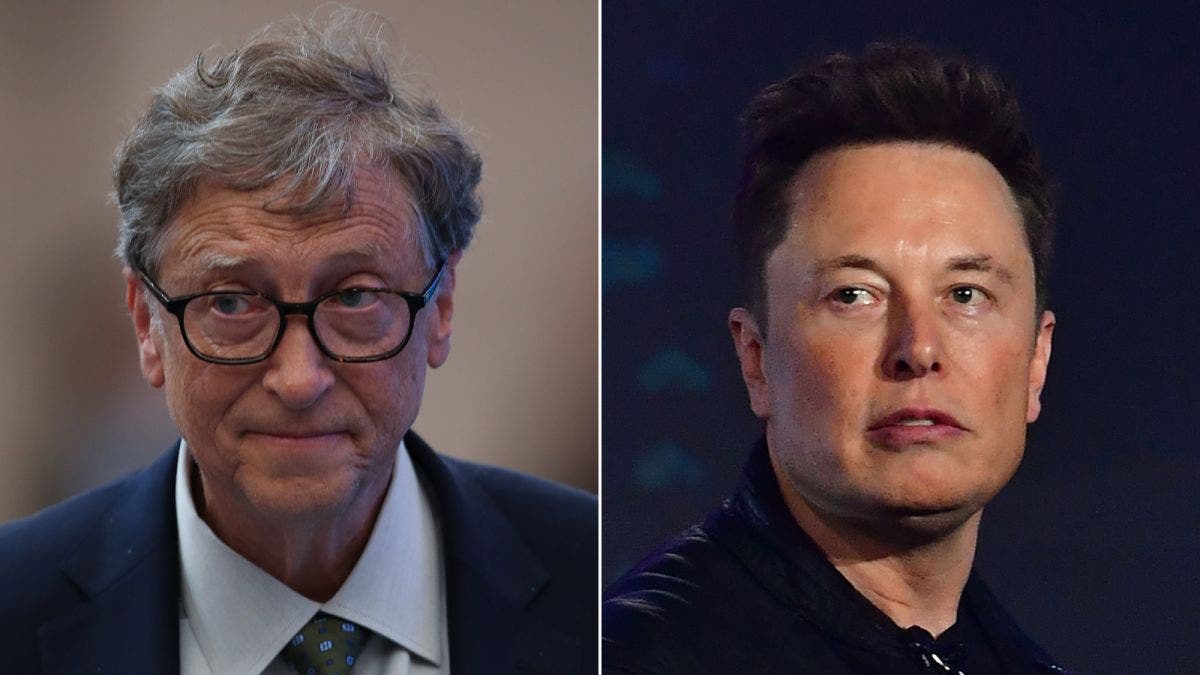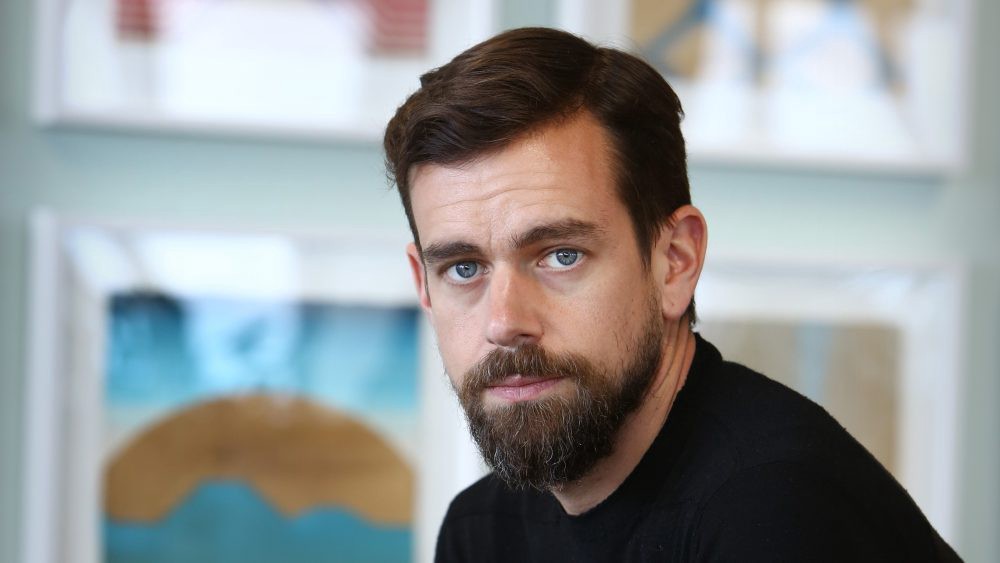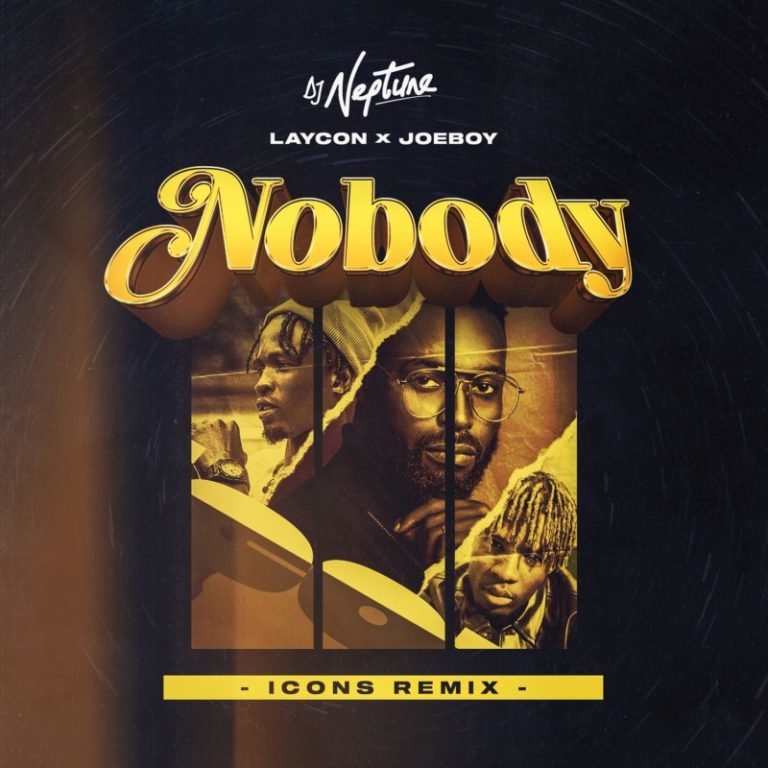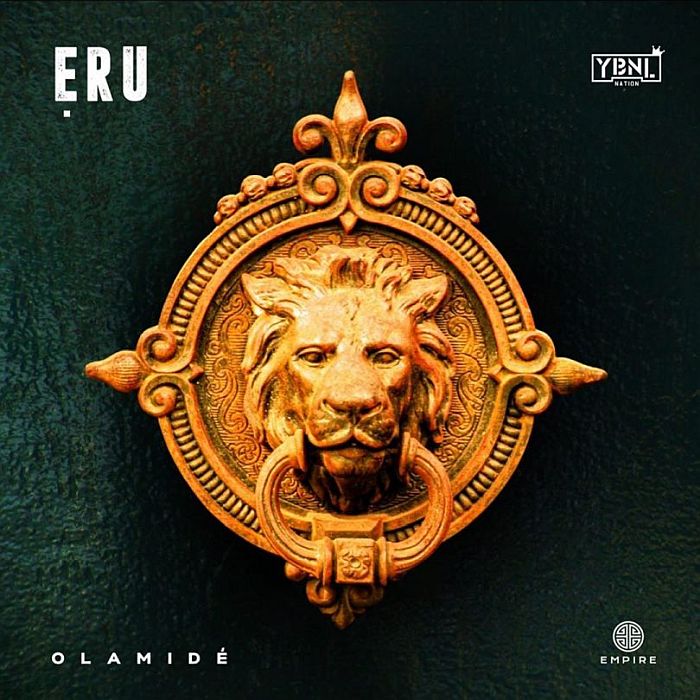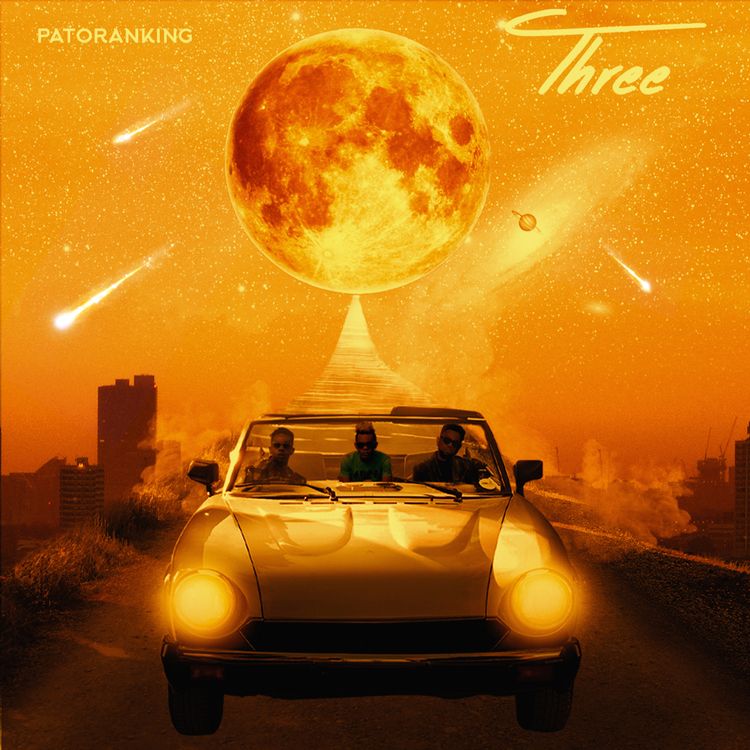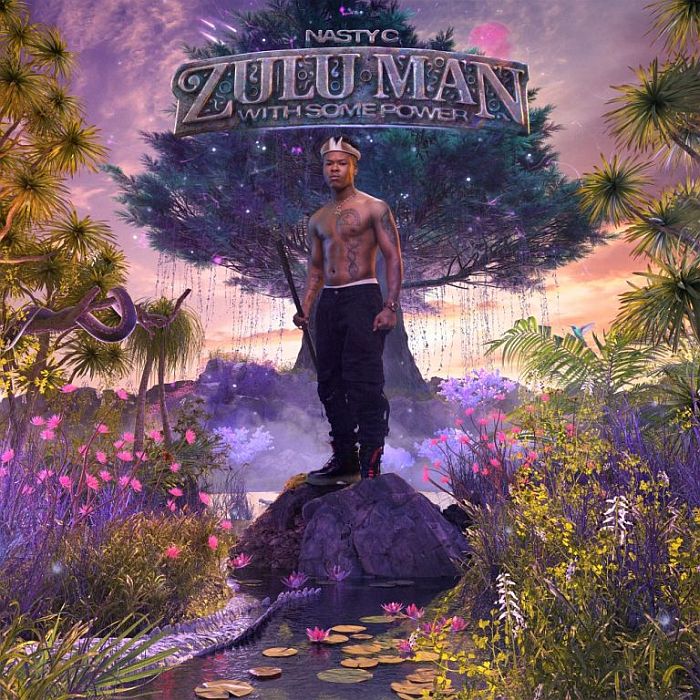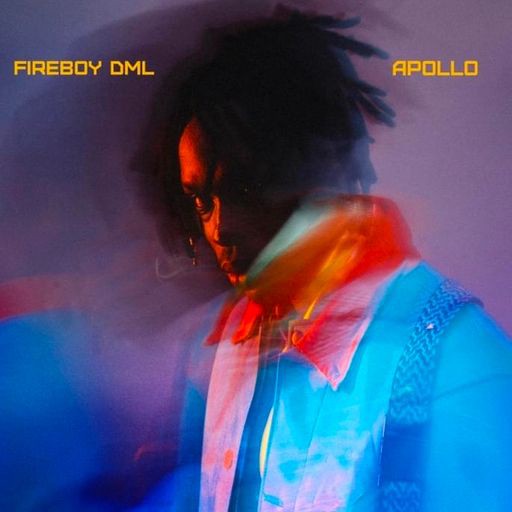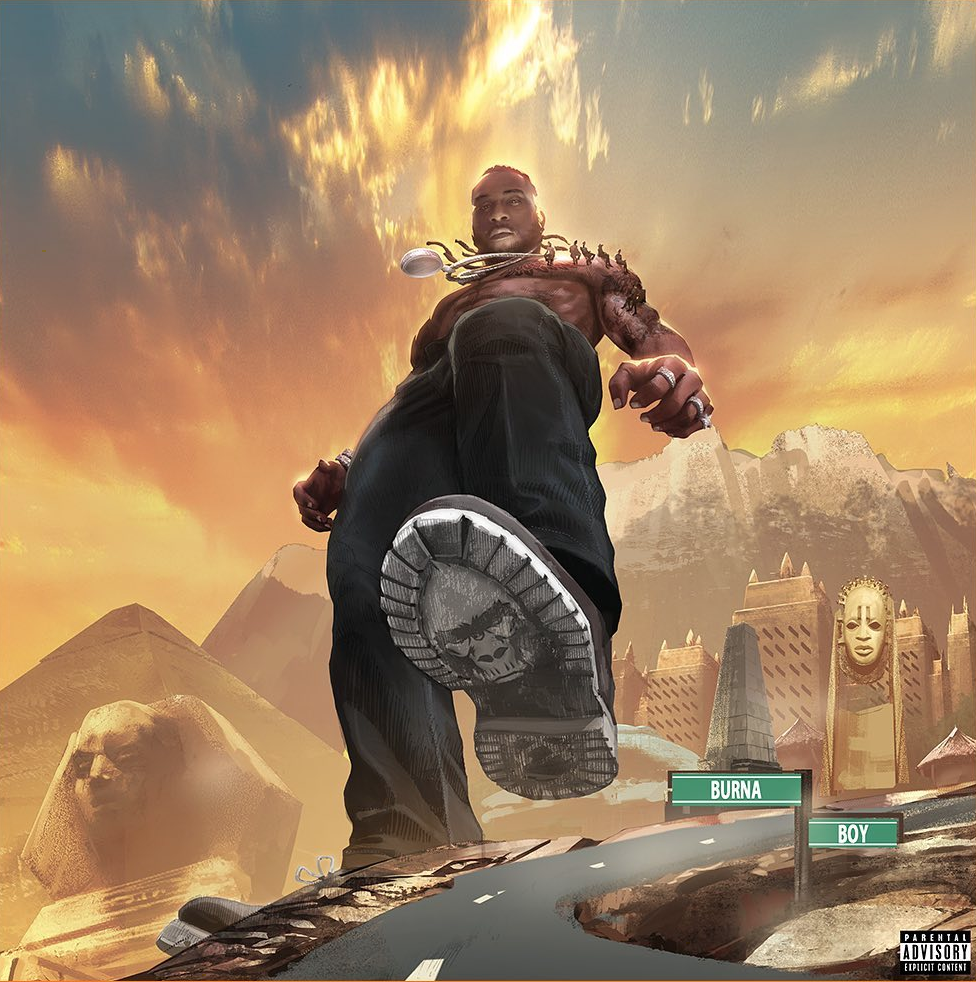WHAT IF ELON MUSK’S $420 DREAM HADN’T GONE UP IN SMOKE?
Posted by E.L.E.X on April 20 2019 under Tech/Cybersecurity

Last August, Elon Musk tweeted he had “funding secured” to take Tesla private. That turned out not to be true, and he eventually had to settle securities fraud charges with the Securities and Exchange Commission.
Musk is still battling the SEC over that very same settlement, and it’s possible he will be held in contempt of court for allegedly violating it. With the decision looming, it’s worth asking: what if he had lined up funding? What did Musk stand to gain by turning Tesla, which has been publicly traded on the New York Stock Exchange since 2010, back into a privately held company?
HOW COULD HE HAVE DONE IT?
There are a few different ways Musk could have taken Tesla private. One of the most common ways would be to secure funding from a small group of institutional investors to buy out the company’s shareholders. Shareholders usually want a premium over the price of the shares at the time (like, say, $420!), and they also have to approve the deal in a vote. The investors then get an ownership stake of the company in return, but the total number of owners would be below the Securities and Exchange Commission’s thresholds for public reporting.
At first, this seemed like the path Musk wanted to take, but his subsequent tweets complicated things, according to Stephen Diamond, a law professor at Santa Clara University and an expert in securities law and corporate governance — specifically the one where Musk expressed his hope that “*all* current investors remain with Tesla even if we’re private.”
“It would be very challenging him to herd a subgroup of several thousand shareholders into some kind of entity” that the SEC would consider below those thresholds, Diamond says.
Another way to take Tesla off the public stock exchange would be to execute a “leveraged buyout,” according to Ann Lipton, an associate professor of corporate law at Tulane University. Here, the goal is the same — buy out the shareholders so only a few remain — but the source of money is different. Instead of trading ownership stakes for funding, Tesla would borrow money from entities like banks to buy out the shareholders. Finance types often call debt leverage because it sounds less dangerous; hence, “leveraged buyout” instead of “debt-fueled buyout.”
The problem with this, Lipton says, is Tesla already had a lot of debt — around $11 billion at the time of the “funding secured” tweet — and not a lot of free cash on hand.
“The theory of a leveraged buyout is you take a company with a lot of cash and you use that to pay down the debt, but that’s not Tesla,” she says.
So if Tesla were private today, probably it wouldn’t have happened through a leveraged buyout. More likely, it would have taken the first route, of a small group of investors. Had that happened, it would have cost tens of billions of dollars and been “one of the largest and most complex private equity plays,” according to Diamond. Since Musk didn’t actually have funding lined up from Saudi Arabia, he likely would have had to find it from existing or outside institutional investors, and then use it to buy out the shareholders in a transaction they’d have to approve.
Many shareholders would inevitably be upset (as some were that day in August), either by the amount Musk offered or the way the deal was executed, says Gregory Shill, a law professor at the University of Iowa. This happens in a lot of buyouts, actually. Litigation over the deal price is especially inevitable, he says. But even if Musk “dotted his i’s and crossed his t’s,” Shill says, there would probably be a lawsuit about how the process was handled.
Another way to take Tesla off the public stock exchange would be to execute a “leveraged buyout,” according to Ann Lipton, an associate professor of corporate law at Tulane University. Here, the goal is the same — buy out the shareholders so only a few remain — but the source of money is different. Instead of trading ownership stakes for funding, Tesla would borrow money from entities like banks to buy out the shareholders. Finance types often call debt leverage because it sounds less dangerous; hence, “leveraged buyout” instead of “debt-fueled buyout.”
The problem with this, Lipton says, is Tesla already had a lot of debt — around $11 billion at the time of the “funding secured” tweet — and not a lot of free cash on hand.
“The theory of a leveraged buyout is you take a company with a lot of cash and you use that to pay down the debt, but that’s not Tesla,” she says.
So if Tesla were private today, probably it wouldn’t have happened through a leveraged buyout. More likely, it would have taken the first route, of a small group of investors. Had that happened, it would have cost tens of billions of dollars and been “one of the largest and most complex private equity plays,” according to Diamond. Since Musk didn’t actually have funding lined up from Saudi Arabia, he likely would have had to find it from existing or outside institutional investors, and then use it to buy out the shareholders in a transaction they’d have to approve.
Many shareholders would inevitably be upset (as some were that day in August), either by the amount Musk offered or the way the deal was executed, says Gregory Shill, a law professor at the University of Iowa. This happens in a lot of buyouts, actually. Litigation over the deal price is especially inevitable, he says. But even if Musk “dotted his i’s and crossed his t’s,” Shill says, there would probably be a lawsuit about how the process was handled.
To understand why, it helps to look at Tesla’s 2016 acquisition of SolarCity. Musk was chairman of the solar energy company when he made the offer, and it was run by his cousins. He recused himself from voting on the deal, and 85 percent of shareholders approved it. And yet some shareholders still sued, alleging the process was corrupted because of the close relationship between Musk and his cousins, and the fact that Tesla’s board of directors was stacked with Musk supporters. The case is still ongoing.
Lipton says Musk “didn’t even pretend to negotiate at arms length” in the SolarCity case, and so it’s possible a similar case would have been raised if Tesla had gone private. So even if Musk had succeeded in his effort, he and Tesla would likely be defending it in court today. (Instead, they’re still fending off shareholder lawsuits about the alleged securities fraud.)
WHAT WOULD MUSK HAVE GAINED FROM TAKING TESLA PRIVATE?
Lipton says Musk “didn’t even pretend to negotiate at arms length” in the SolarCity case, and so it’s possible a similar case would have been raised if Tesla had gone private. So even if Musk had succeeded in his effort, he and Tesla would likely be defending it in court today. (Instead, they’re still fending off shareholder lawsuits about the alleged securities fraud.)
WHAT WOULD MUSK HAVE GAINED FROM TAKING TESLA PRIVATE?
If Musk had taken Tesla private in a more traditional way, there likely wouldn’t have been an SEC lawsuit. That means Musk would still be chairman, would be $20 million richer, and wouldn’t have appointed independent directors in Larry Ellison and Kathleen Wilson-Thompson to the company’s board.
Had Tesla gone private, fewer people would have access to the company’s financials because it would no longer be required by the SEC to publish these figures. (Though, Lipton points out, some of Tesla’s debt is tied up in bonds that require some disclosure. So the company would have to pay off that debt to truly “go dark,” she says.) The carmaker would also be under less pressure from Wall Street analysts who view a company’s stock price as its measure of performance. The company would be released from the obligation to report its financials every quarter, too, which Musk has said puts “enormous pressure on Tesla.”
But that doesn’t mean Tesla would be free of scrutiny, according to Diamond.
“In a private setting he would have some very tough co-owners who represent very sophisticated investors,” Diamond says. Consolidating ownership means this smaller group of stakeholders would also wield a “significant amount of influence over the day to day life of the company.”
“If he thinks he’s going to find some dumb billionaires out there who are going to give him free rein, I think he’s kidding himself,” he says.
Musk would likely have more control over the company’s narrative, Diamond says.
“He would be able to avoid public scrutiny by investors, and he would be able then, with his own voice, to present the Tesla story to the public the way he wants to,” Diamond says. “The problem today is he shares ownership with other investors, and that requires him to keep them informed about what’s going on. And he has to be honest. He doesn’t have to tell them everything, but when he does speak he cannot mislead them.”
The story of Tesla is crucial to Musk, and something he’s fought to control. He’s accused the media of writing stories that misrepresent what’s going on inside the company, one time going so far as to shout “shame” on them during a conference call. He constantly claims short-sellers, people who make bets that a company will fail, spread lies about the company. “[S]hort sellers are desperately pushing a narrative that will possibly result in Tesla’s destruction,” he once told the New York Times. Musk has also accused both journalists and short-sellers of being funded by “big oil.”
Journalists would have less access to Tesla’s financials, though they wouldn’t stop covering Tesla. But a private Tesla means the short-sellers wouldn’t have a way to place those bets against the company, Shill says.
Tesla short-sellers existed long before the go-private attempt, but they’ve grown in numbers across the last year and a half as the company struggled to ramp up Model 3 production. They’ve connected on Twitter and even built a website where they display their theories and research, which they claim exposes fraudulent practices by Musk. Even if Musk had found a way to take Tesla private, this community of internet sleuths would likely still be around.
“He would be able to avoid public scrutiny by investors, and he would be able then, with his own voice, to present the Tesla story to the public the way he wants to,” Diamond says. “The problem today is he shares ownership with other investors, and that requires him to keep them informed about what’s going on. And he has to be honest. He doesn’t have to tell them everything, but when he does speak he cannot mislead them.”
The story of Tesla is crucial to Musk, and something he’s fought to control. He’s accused the media of writing stories that misrepresent what’s going on inside the company, one time going so far as to shout “shame” on them during a conference call. He constantly claims short-sellers, people who make bets that a company will fail, spread lies about the company. “[S]hort sellers are desperately pushing a narrative that will possibly result in Tesla’s destruction,” he once told the New York Times. Musk has also accused both journalists and short-sellers of being funded by “big oil.”
Journalists would have less access to Tesla’s financials, though they wouldn’t stop covering Tesla. But a private Tesla means the short-sellers wouldn’t have a way to place those bets against the company, Shill says.
Tesla short-sellers existed long before the go-private attempt, but they’ve grown in numbers across the last year and a half as the company struggled to ramp up Model 3 production. They’ve connected on Twitter and even built a website where they display their theories and research, which they claim exposes fraudulent practices by Musk. Even if Musk had found a way to take Tesla private, this community of internet sleuths would likely still be around.
Knowing all this, Shill says Musk might have wanted distance from the SEC more than anything. Taking the company private would let Musk “stay in the public imagination, keep getting on the front page of the Wall Street Journal, and be all over Twitter, but he wouldn’t have the cops knocking on his door in the form of the SEC,” he says.
Musk has taunted the SEC multiple times in the months since the two sides reached a settlement, calling it the “Short-seller Enrichment Commission,” and saying outright on 60 Minutes that he doesn’t respect the agency. Musk also continues to battle with the SEC over the settlement he agreed to last year. So it’s easy to imagine him wanting distance from the agency’s grasp.
“That was the true appeal,” Shill says.
THE TESLA THAT NEVER WAS
Musk has taunted the SEC multiple times in the months since the two sides reached a settlement, calling it the “Short-seller Enrichment Commission,” and saying outright on 60 Minutes that he doesn’t respect the agency. Musk also continues to battle with the SEC over the settlement he agreed to last year. So it’s easy to imagine him wanting distance from the agency’s grasp.
“That was the true appeal,” Shill says.
THE TESLA THAT NEVER WAS
A private Tesla would be less exposed to the public, more under Musk’s control, and released from the pressure of reporting good quarterly performance. But that control would be set against stronger, more interested shareholders. Musk would likely still be his same mercurial (and often pugnacious) self on Twitter. The company would be locked in litigation with its former shareholders, and people who believe Tesla is a fraud would still be working to prove that out.
Meanwhile, Tesla would still be running a fledgling mass-market electric car company, one that needs a lot of money just to survive — let alone grow. So even if Tesla had gone private, it probably wouldn’t have stayed private forever, says Diamond.
“The reason you go private is to kind of focus management on solving production problems, restructuring the company, and then making it more palatable to a larger array of investors,” he says. “You want a smooth running machine.”
Meanwhile, Tesla would still be running a fledgling mass-market electric car company, one that needs a lot of money just to survive — let alone grow. So even if Tesla had gone private, it probably wouldn’t have stayed private forever, says Diamond.
“The reason you go private is to kind of focus management on solving production problems, restructuring the company, and then making it more palatable to a larger array of investors,” he says. “You want a smooth running machine.”
Tweet
YOU MAY ALSO LIKE
Comments
Add Comment
All fields are required!


